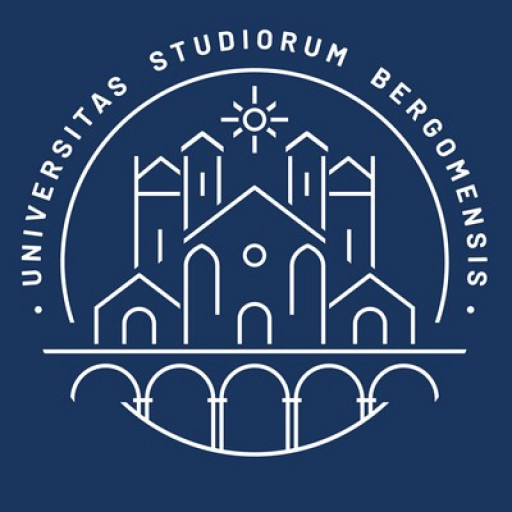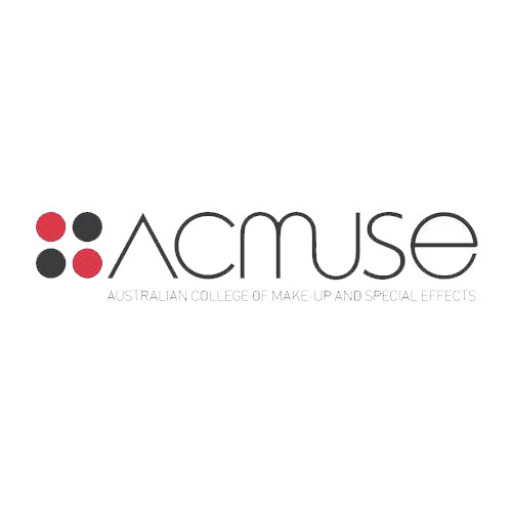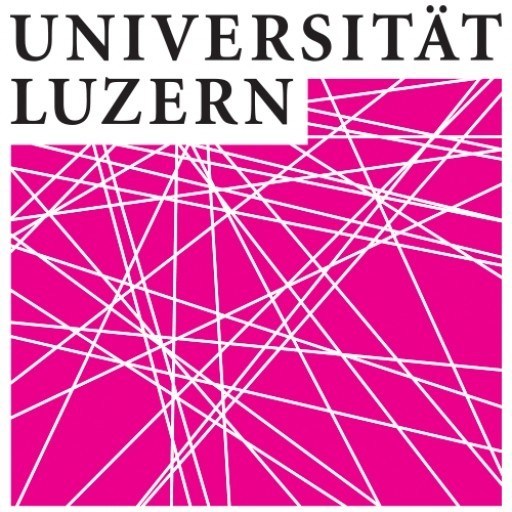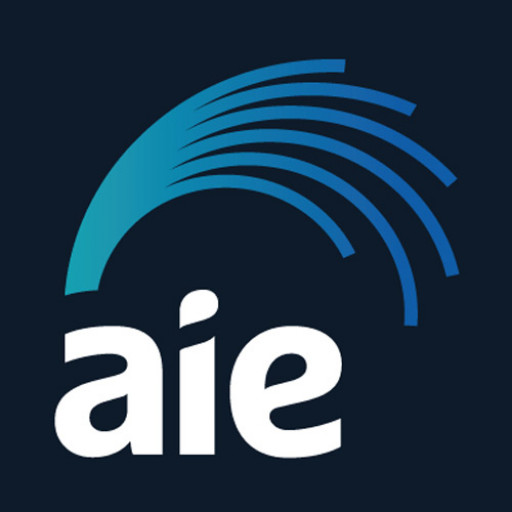Photos of university / #uniofeastanglia
The BA Media Studies programme at the University of East Anglia offers students a comprehensive and critical understanding of the dynamic and ever-evolving media landscape. This course is designed to explore the major forms of contemporary media, including television, film, radio, digital media, social media, and print, providing students with an in-depth knowledge of their historical development, cultural significance, and societal impacts. Throughout the programme, students engage with a range of theoretical approaches and practical skills that enable them to analyze media content critically, understand media industries, and produce compelling media texts. The curriculum includes modules on media theory, media production, communication, and cultural studies, offering a well-rounded education that prepares graduates for diverse careers in media, journalism, marketing, advertising, public relations, and beyond. Practical opportunities such as workshops, seminars, and industry placements are integral parts of the programme, helping students develop hands-on experience and professional skills. The programme also emphasizes critical thinking, research, and academic writing, fostering students’ ability to evaluate media messages effectively and contribute to scholarly debates. The university's strong links with media organisations and industry professionals provide valuable networking opportunities and insights into current industry practices. Graduates of the BA Media Studies programme at UEA leave equipped with both theoretical knowledge and practical skills, making them competitive candidates for roles in media production, content creation, media analysis, and management. Whether students aspire to work in broadcasting, digital media, or media consultancy, this programme offers a robust foundation to pursue their career ambitions in the ever-changing media world.
The Media Studies programme at the University of East Anglia offers a comprehensive exploration of the dynamic and rapidly evolving world of media and communication. Designed to equip students with a deep understanding of the theoretical, historical, and practical aspects of media industries, the course covers a broad range of topics including television, film, radio, digital media, social media, and print journalism. Students will critically analyze the role of media in society, examining issues related to representation, power, and identity, while also gaining practical skills in media production, storytelling, and digital publishing.
The programme emphasizes both theoretical frameworks and practical applications, encouraging students to develop a critical perspective on media texts and industry practices alongside hands-on experience with multimedia tools and techniques. Modules include media history, media theory, visual culture, broadcast media, media law and ethics, and digital media production, providing a well-rounded education that prepares graduates for various careers within the media sector. Throughout the course, students engage in research projects, group collaborations, and individual assignments that foster analytical thinking, creativity, and technical competence.
Furthermore, the programme benefits from the university’s strong links with industry partners, enabling students to undertake internships, work placements, and live projects that enhance employability. The course also offers opportunities for international exchange, allowing students to gain global perspectives on media practices and issues. With its blend of academic rigor and practical skills, the Media Studies degree at UEA aims to produce versatile graduates who can adapt to the changing media landscape and excel in careers such as journalism, broadcasting, media production, digital marketing, and media management. By the end of the programme, students will possess critical media literacy, technical proficiency, and a thorough understanding of contemporary issues facing media industries worldwide.
Programme Requirements:
Applicants to the Media Studies programme at the University of East Anglia are expected to possess a strong academic background relevant to the field, with a minimum of A-levels or equivalent qualifications such as International Baccalaureate, BTEC, or other recognized certifications. Typically, candidates should demonstrate a minimum of BBC at A-level or an equivalent qualification to be considered for admission. Relevant subject areas include media studies, communication, arts, humanities, or social sciences.
In addition to academic qualifications, applicants may be required to submit a personal statement outlining their interest in media studies, any relevant experience, and their career aspirations. While work experience is not mandatory, experience related to media production, journalism, digital content creation, or related fields can be advantageous. The university values diversity of experience and background, encouraging applicants from various disciplines to apply.
For international students, proof of English language proficiency through tests such as IELTS with a typical overall score of 6.5 or equivalent is required. Applicants may also need to provide references, usually academic, to support their application.
There are also specific modules and practical components within the programme that students are expected to engage with, including media production workshops, critical analysis sessions, and digital media projects. Successful students are expected to develop strong analytical skills, familiarity with media theory, technical skills in media production, and an understanding of media industries and their social impact.
Certain security or background checks may be required for students participating in placements or internships. Additionally, students should have access to suitable technology, including a computer capable of running media production software, internet access, and relevant software tools provided or recommended by the university.
Overall, the programme seeks well-rounded students with a passion for media, strong communication skills, and an aptitude for both critical thinking and practical skills. The university encourages all applicants to review the specific entry criteria on the official programme webpage and contact admissions for any clarifications or exceptional circumstances.
The University of East Anglia offers various funding options for students enrolled in Media Studies programmes. Prospective students can explore multiple sources of financial support, including government-funded schemes, scholarships, bursaries, and external funding opportunities. The UK government provides several loan options for undergraduate students, such as the Student Loan Company (SLC) loans, which cover tuition fees and provide maintenance support throughout the academic year. These loans are repayable only after graduation and when earning above a specified threshold. For postgraduate students, there are also loans available, including the Postgraduate Loan scheme, which can significantly assist with tuition fees and living expenses. In addition to government aid, the university offers a range of scholarships and bursaries designed to attract talented students and support their study costs. These include undergraduate scholarships based on academic merit, subject-specific bursaries, and hardship funds. International students are encouraged to seek international scholarships and external funding sources, which are often provided by government agencies, charities, and private foundations. The university's financial aid office provides guidance and support to help students identify and apply for appropriate funding options. Additionally, students may explore part-time work opportunities both on and off campus to supplement their income during their studies. The university also emphasizes the importance of early financial planning and offers resources to help students budget effectively throughout their studies. Overall, the Media Studies programme at UEA is supported by a comprehensive range of financial aid options designed to ensure students can focus on their academic and career goals without undue financial stress.
Media Studies at the University of East Anglia offers a comprehensive exploration of media forms, industries, and audiences, preparing students for diverse careers in the media and related sectors. The program encompasses a broad range of topics including film, television, digital media, advertising, journalism, and cultural studies. Students engage critically with media content, production techniques, and the socio-economic contexts that shape media landscapes. The curriculum combines theoretical frameworks with practical skills, such as media analysis, content creation, and media production, equipping graduates with both scholarly understanding and hands-on experience.
Throughout the course, students have access to state-of-the-art facilities, including dedicated media labs, editing suites, and broadcasting equipment, enabling them to gain real-world skills in digital editing, video production, and multimedia journalism. The program also emphasizes critical thinking, research methodologies, and academic writing, fostering skills that are applicable across a variety of media professions.
In addition to classroom learning, students can participate in work placements, internships, and collaborative projects with industry partners, enhancing employability and professional networks. The university's strong ties with media organizations and creative industries facilitate opportunities for industry engagement, guest lectures, and live project work.
The course typically spans three years for a full-time undergraduate degree, with options for placements or study abroad arrangements. Assessment methods include essays, media portfolios, presentations, and film or media projects, designed to develop both academic and practical competencies. The program is suitable for students interested in exploring contemporary media issues, developing analytical skills, and pursuing careers in media production, journalism, advertising, public relations, or media research.
Officially accredited and regularly reviewed to ensure relevance and quality, the Media Studies program at UEA aims to produce versatile graduates capable of working in a rapidly evolving media environment. The university also offers pathways for postgraduate study, research opportunities, and placements that further enhance career prospects in the dynamic field of media and communication.









